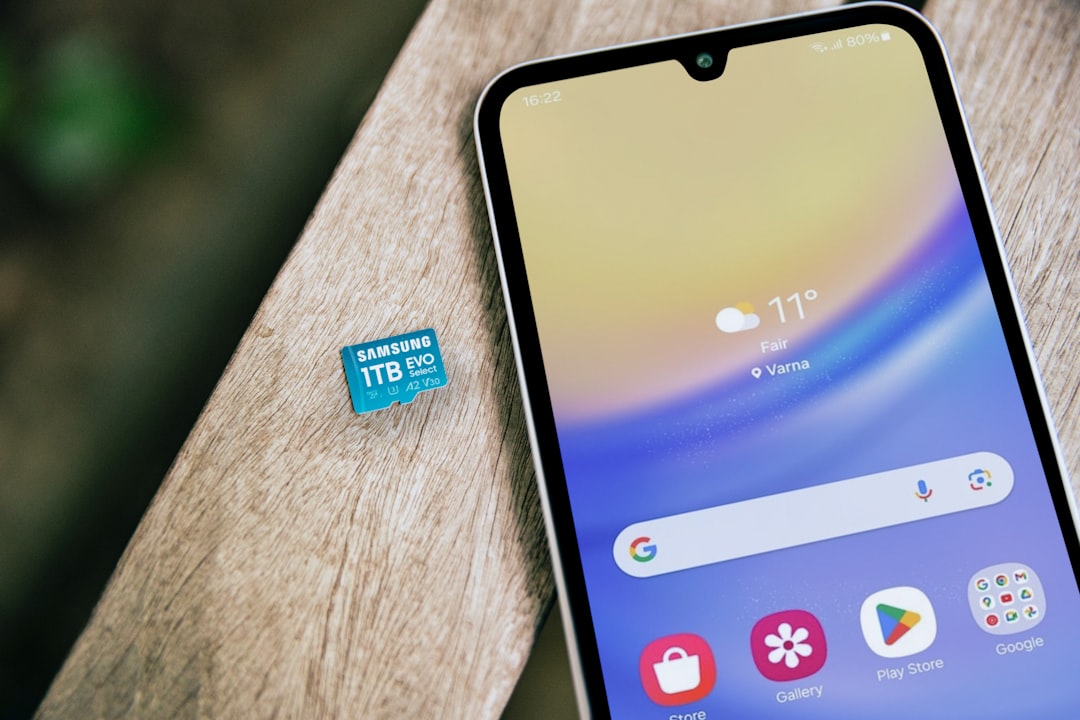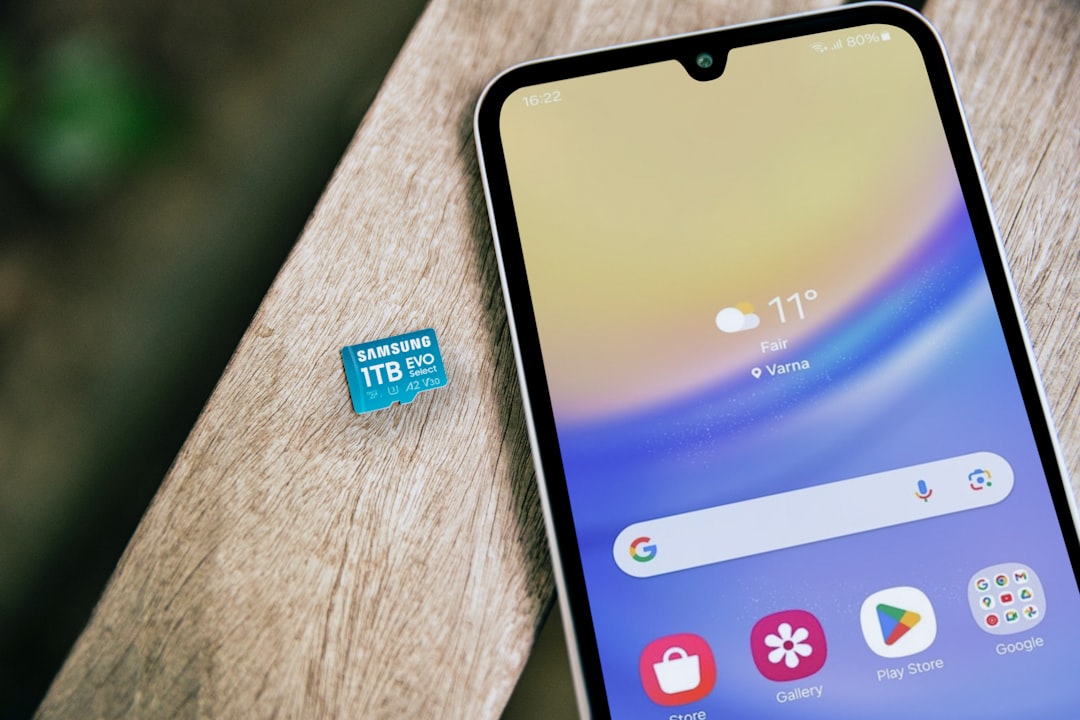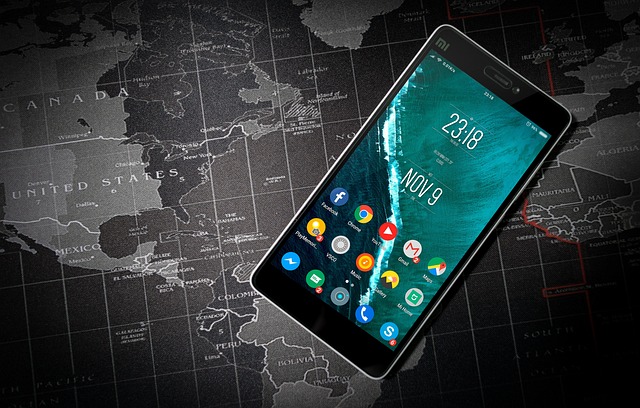In Myrtle Beach, sharing personal info like addresses and email IDs online can lead to unwanted solicitations from firms like Do Not Call Lawyer SC. To protect privacy, users should exercise caution while sharing data, adjust online settings, monitor credit reports, and consult privacy law attorneys if their rights are violated. South Carolina laws safeguard citizens from such intrusions.
In today’s digital age, personal information is a valuable commodity. As Myrtle Beach becomes a more vibrant and bustling tourist destination, understanding the importance of keeping your data private is crucial. This article explores the impact of sharing personal details, the growing concern of unwanted solicitation in the area, and practical steps to protect your privacy. We also delve into navigating South Carolina laws when considering legal action, emphasizing that not every issue requires a ‘do not call’ lawyer SC approach.
The Impact of Personal Information Sharing

Sharing personal information, even seemingly harmless details, can have significant implications in today’s digital age. In Myrtle Beach, where a vibrant tourist scene attracts visitors from all over, it’s crucial to understand the potential consequences of divulgence. Every piece of information we disclose, whether online or offline, contributes to our digital footprint, which can be exploited by unscrupulous individuals or organizations. This is especially pertinent when dealing with unknown sources, as local businesses and strangers alike may use this data for marketing purposes or even sell it to third parties, leading to unwanted solicitations.
For instance, sharing your address, phone number, or email on a form or during a casual conversation might result in a flood of advertisements, spam calls, or even fraudulent activities. In the context of Myrtle Beach, where people often engage with local businesses and services, it’s wise to be cautious. Refraining from oversharing can empower individuals to avoid intrusive marketing strategies and protect themselves from potential frauds, ensuring a more peaceful and secure experience during their stay in this beautiful coastal city without having to resort to Do Not Call Lawyer SC measures.
Unwanted Solicitation: A Growing Concern in Myrtle Beach

In recent years, Myrtle Beach has experienced a surge in unwanted solicitation activities, posing a growing concern for both residents and visitors. This coastal haven, known for its vibrant atmosphere and stunning beaches, has become an attractive target for telemarketers, door-to-door sales representatives, and other aggressive marketing tactics. As the city continues to thrive as a popular tourist destination, personal information privacy becomes even more critical.
Unwanted solicitation can take various forms, from persistent phone calls offering legal services (Do not call Lawyer SC) to high-pressure sales pitches at your doorstep. These intrusions can be distressing and invade one’s peace of mind. Protecting personal information is a powerful tool against such harassment. By being mindful of what details you share and with whom, individuals can reduce the likelihood of becoming targeted by these unsolicited interactions.
Protecting Your Privacy: Practical Steps to Take

To safeguard your personal information and avoid unwanted solicitation, take proactive steps to protect your privacy. Start by reviewing your online settings on social media platforms, email providers, and search engines. Adjust your privacy options to control who can access your basic details such as name, location, and contact information. Limit the amount of personal data you share publicly, and be cautious when posting about sensitive topics or locations you frequent, like Myrtle Beach.
Additionally, be mindful of promotional offers and surveys that request personal information. Avoid providing unnecessary details, especially if the request seems dubious. Instead, consider using aliases or fictional profiles for online activities to maintain a level of anonymity. Regularly monitor your credit reports and financial statements for any unauthorized access or suspicious activity, as this could indicate a breach in your privacy leading to targeted solicitation. Remember, by taking these practical steps, you can significantly reduce the risk of unwanted attention from marketers or solicitors.
When to Consider Legal Action: Navigating SC Laws

In South Carolina, laws are in place to protect citizens from unwanted solicitation and intrusion into their personal lives. If your privacy has been consistently violated, especially if it leads to distress or financial loss, considering legal action is a step worth taking. The ‘Do Not Call’ laws in SC specifically target telemarketers and unsolicited sales calls, but they also offer broader protection for individuals dealing with persistent harassment or invasion of privacy.
When navigating these legalities, understanding your rights and the applicable laws becomes crucial. If you feel that your personal information has been misused or shared without consent, especially through modern digital means, consulting a local attorney who specializes in privacy law could be beneficial. They can guide you on when and how to take action, ensuring you are fully aware of your rights and options under South Carolina’s legal framework.






